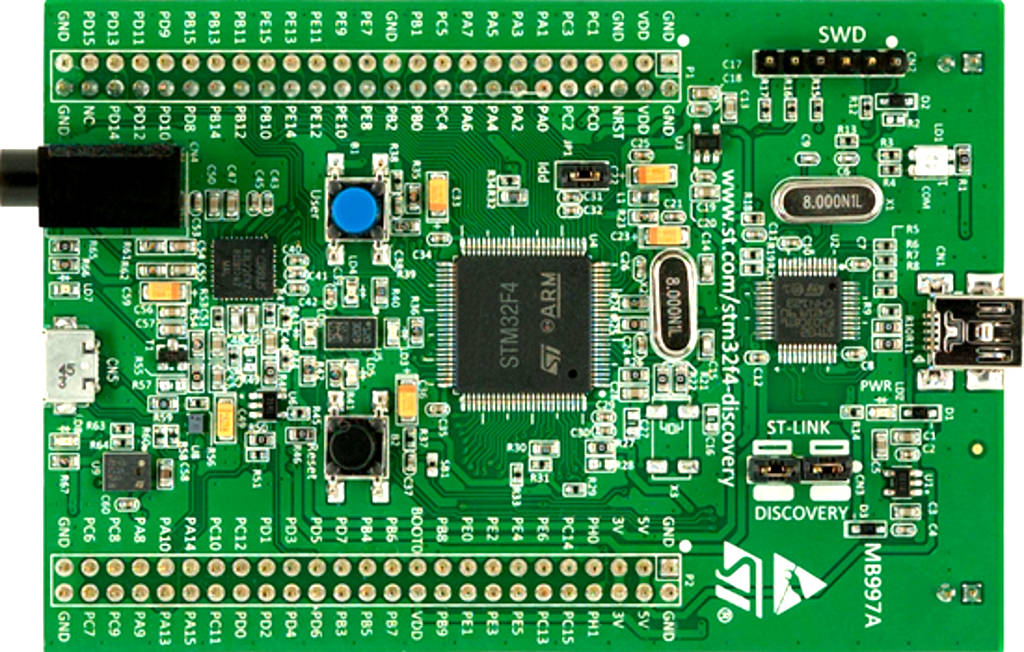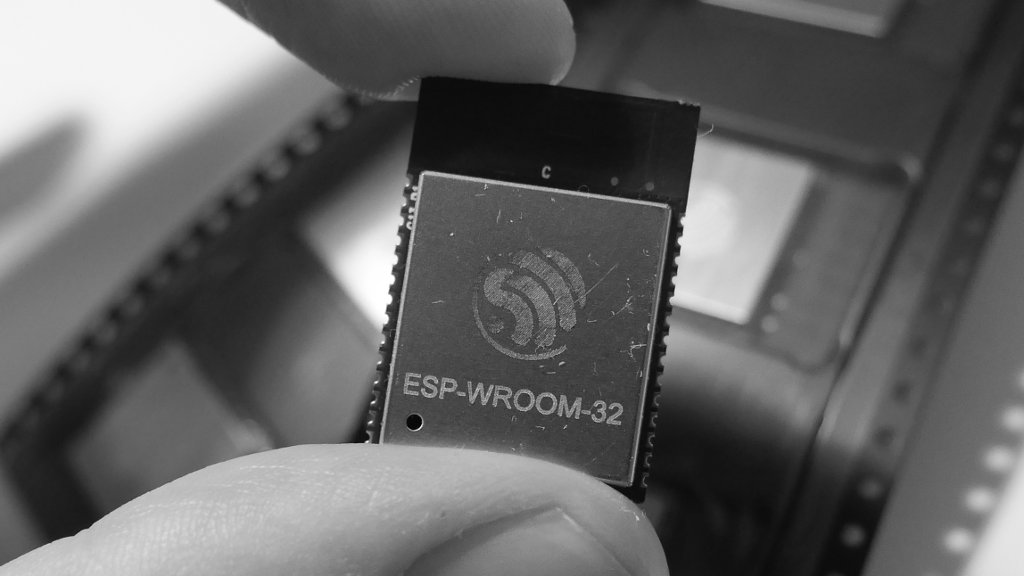How to add custom section to ELF file?
All linux binary applications have a common ELF format (Executable and Linking Format). This format consist of header and variouse sections (see ELF Specification). The ELF allows you to attach custom sections with some extra user-data. It means that you can hide some usefull information inside a binary file (like library for example). Why you … Read more




